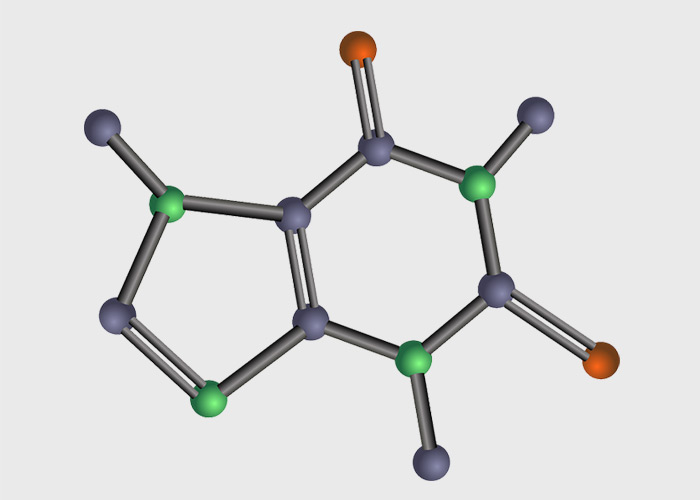
Trichloroethylene (TCE) is an industrial cleaning solvent that was commonly used by the US military to degrease metal equipment. It is a clear, nonflammable liquid that evaporates quickly and has a sweet odor, and it has been linked to a number of detrimental health issues for service members who came into contact with it, including damage to the central nervous system and cancers.
The potential impact of TCE on a service member’s health is determined by the extent of exposure, as well as how the service member came into contact with it. If you have a condition that has been linked to exposure to TCE, and you can establish a service connection for your exposure—meaning it happened while you were in service—you may be eligible for VA disability benefits. This goes especially for veterans who were stationed for a specific window of time at Camp Lejeune, where TCE had contaminated its water supply and sickened many service members.
Health Effects of TCE
The effects of TCE largely depend on two factors: the method and length of exposure. You can be exposed to TCE in one of the following ways:
- Inhalation: The most common form of exposure, inhalation of TCE affects the central nervous system, and results in symptoms like dizziness, headaches, confusion, euphoria, facial numbness, and weakness.
- Ingestion: This most likely occurs from drinking from a contaminated water supply, if TCE has infiltrated ground water. This may cause damage to your digestive organs, including
- Physical contact: While possible, this is least likely to do the lasting damage as inhalation or ingestion. Physical contact to your skin may result in burning, dryness, or rash, while eye contact may result in burning, tearing, or problems with your eyesight.
Moderate exposure to TCE may result in headaches, dizziness, facial numbness, confusion, or sleepiness. High TCE exposure has also been linked to conditions in the kidney and liver and may affect the rhythm of your heartbeat.
The most concerns research links human exposure to TCE to certain cancers, particularly in the kidney, liver, cervix, and lymphatic system. Animal studies have also shown a prevalence of lung, liver, kidney, and testicular tumors and lymphoma.
Presumptive Conditions based on Camp Lejeune Exposure
In the 1980s, the water supply systems at Camp Lejeune, the Marine Corps Base in Lejeune, North Carolina, were found to be contaminated with TCE, perchloroethylene (PCE), benzene, and vinyl chloride. For nearly fifty years, service members were exposed to these chemicals and developed health issues because of it.
Because of the extent of the chemical exposure on service members, VA established a presumptive list of conditions for veterans who served for a 30-day period between August 1, 1953 and December 31, 1987.
Veterans suffering from the following conditions do not need to prove a service connection to be eligible for disability benefits:
Adult leukemia
Aplastic anemia and other myelodysplastic syndromes
Bladder cancer
Kidney cancer
Liver cancer
Multiple myeloma
Non-Hodgkin’s lymphoma
Parkinson’s disease
Assistance with your claim
TCE exposure is a serious matter that may have a lasting impact on your health. If you need to start a new claim, or have had a claim has been denied, you can contact VA Disability Group at 844-VET-LAWS to help get you the VA disability compensation you deserve.



